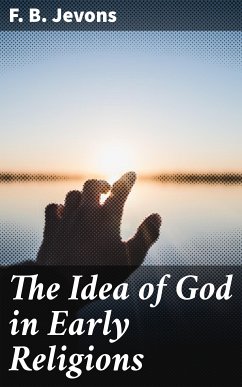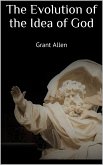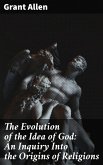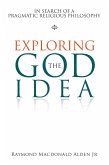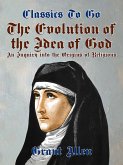In "The Idea of God in Early Religions," F. B. Jevons undertakes a systematic exploration of the evolution of divinity across various ancient cultures. The book is characterized by its analytical rigor, featuring a comparative method that draws upon textual and archaeological evidence to illustrate the shifting perceptions of godly figures throughout human history. Speaking to an era fascinated by the intersection of mythology and rational thought, Jevons situates his inquiries within the broader context of early anthropological studies, offering insights into how early religions shaped societal norms and ethical frameworks. F. B. Jevons, an influential figure in the study of comparative religion and mythology, was imbued with a deep interest in the complexities of spiritual beliefs stemming from his academic background in philosophy and anthropology. His scholarly pursuits led him to examine how primitive understandings of the divine influenced later religious developments, a trajectory informed by the changing intellectual landscapes of the late 19th century. Jevons's broad knowledge base renders his examinations both comprehensive and perceptive, illuminating the nuances of belief systems in antiquity. This book is an essential read for anyone interested in the foundations of religious thought and the historical frameworks that have shaped human spirituality. Jevons's meticulous research serves not only scholars in the fields of theology and anthropology but also general readers eager to understand the origins and transformations of the concept of God across diverse cultures.
Dieser Download kann aus rechtlichen Gründen nur mit Rechnungsadresse in A, B, BG, CY, CZ, D, DK, EW, E, FIN, F, GR, H, IRL, I, LT, L, LR, M, NL, PL, P, R, S, SLO, SK ausgeliefert werden.

